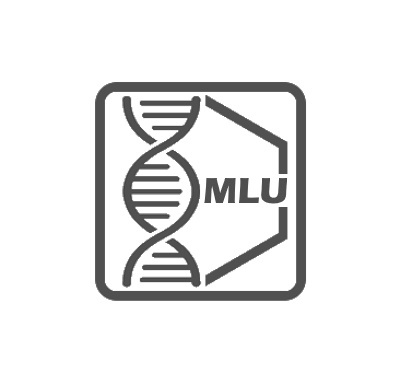3. Protein modification, signal transduction, protein interactions and proteomics
Post-translational protein modifications are important for the spatially and temporally controlled activation or inactivation of proteins or signaling events. Examples of such modifications are phosphorylation, acetylation or ubiquitination. Other modifications, such as methylation, glycosylation or the formation of disulfide bonds, can in contrast be permanent and essential for protein function. The aim of our research is to understand how protein modifications control the interaction of proteins with each other and with other ligands in different cellular systems and subcellular compartments. Therefore, the projects focus on protein analysis to address questions dealing with the regulation and function of posttranslational modifications and their influence on protein-protein–interactions. The projects have a 'screening' character in common, with the aim to identify previously unknown proteins with specific functions. This results in a high potential for new discoveries. Key technologies used comprise protein mass spectrometry and peptide chips; both are well established in Halle and excellent tools for screening procedures.





